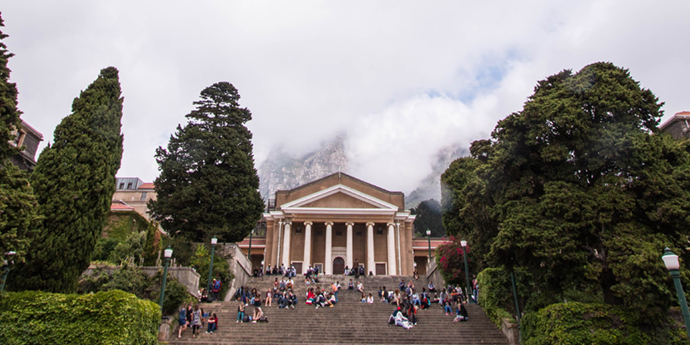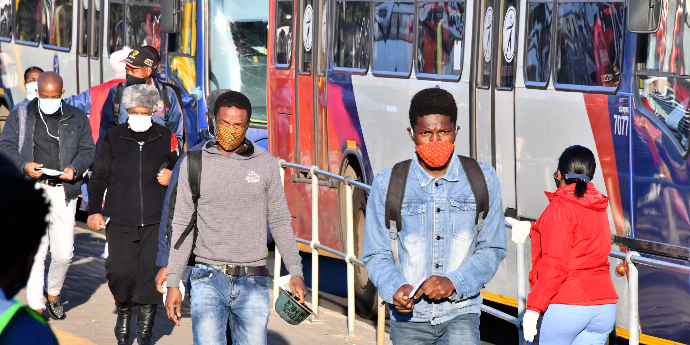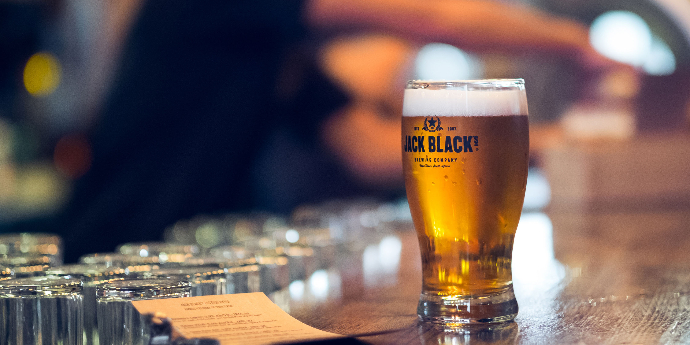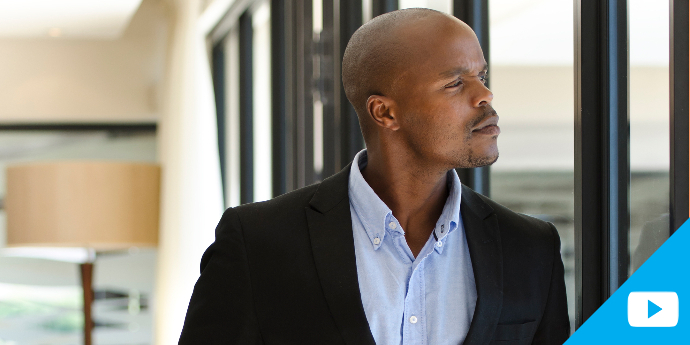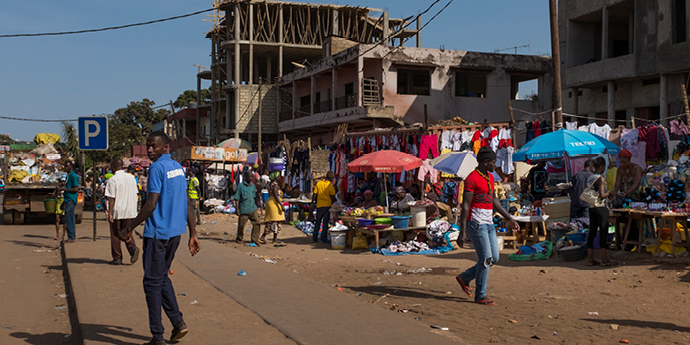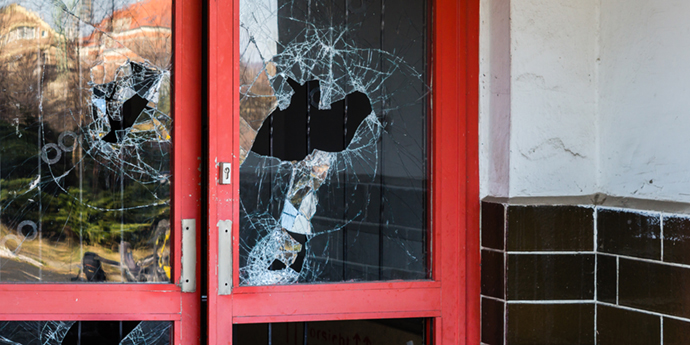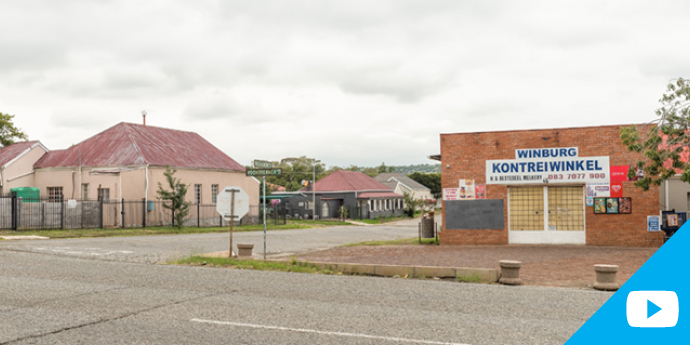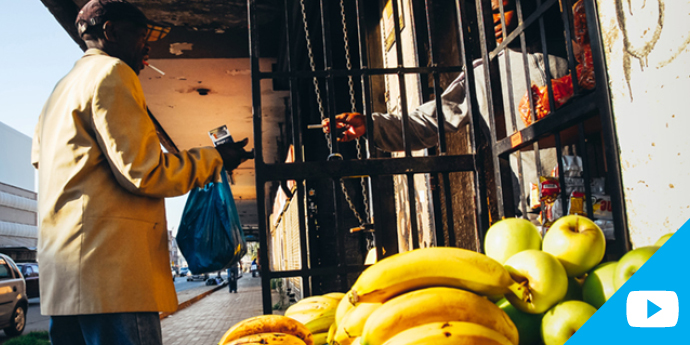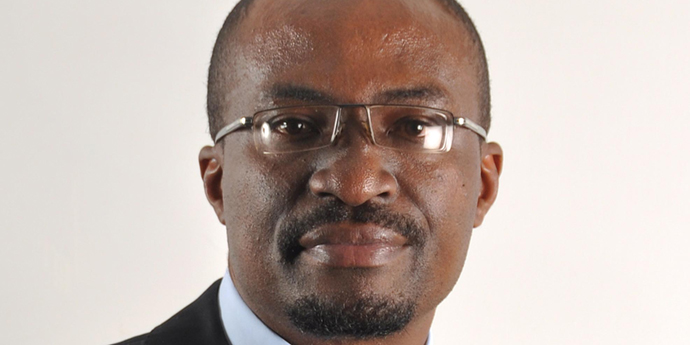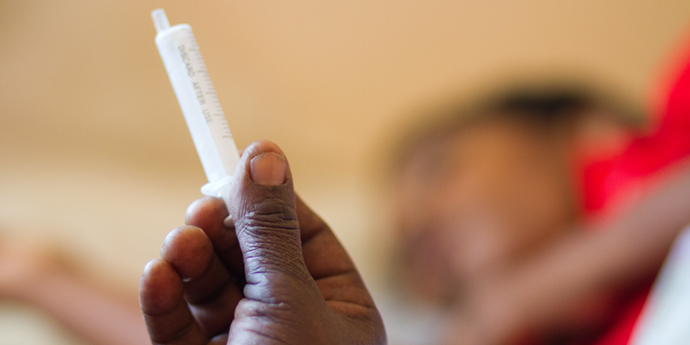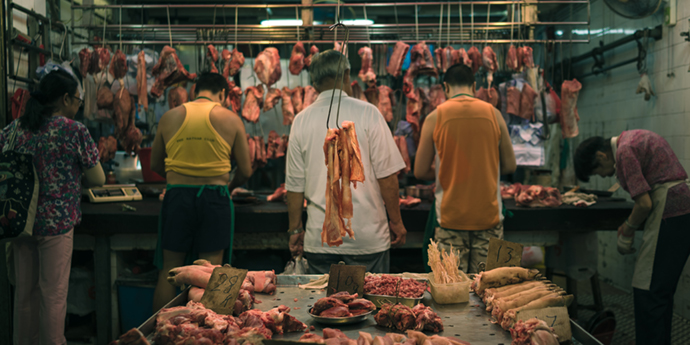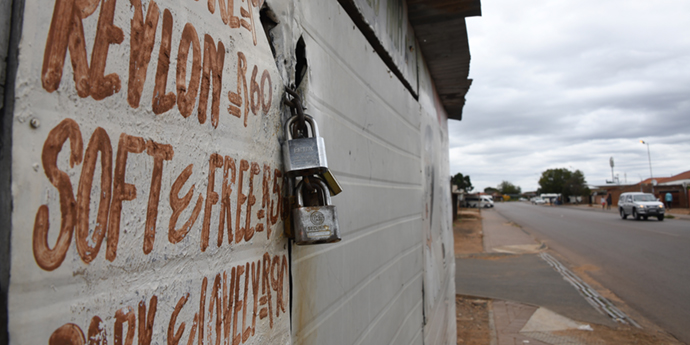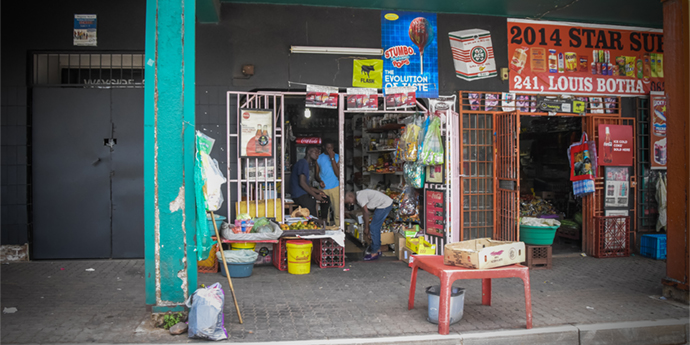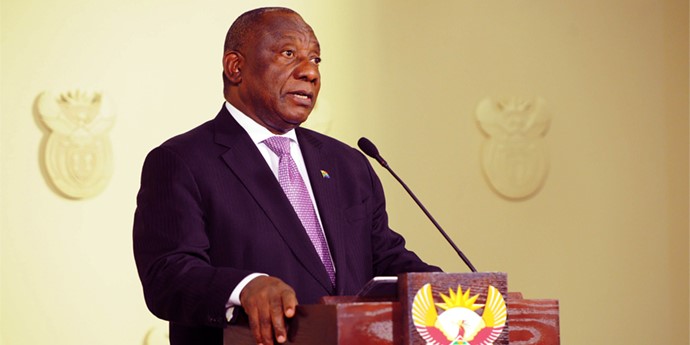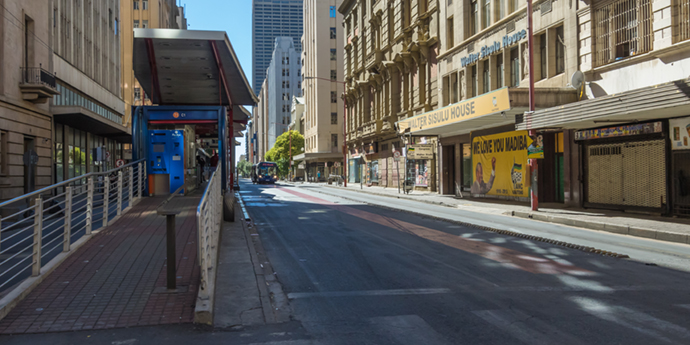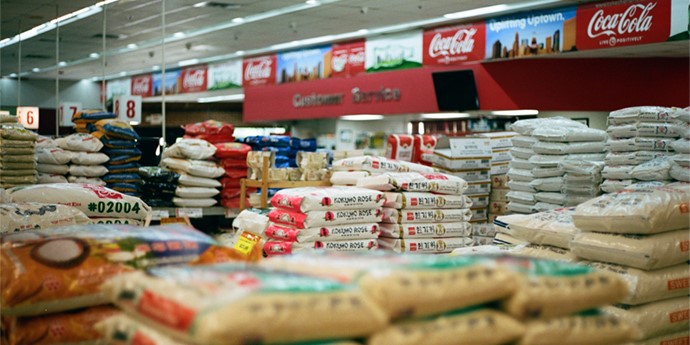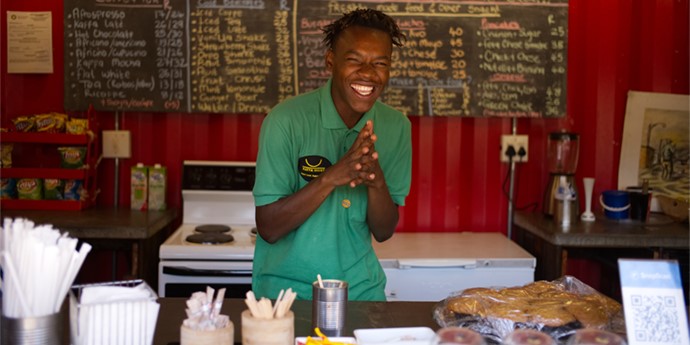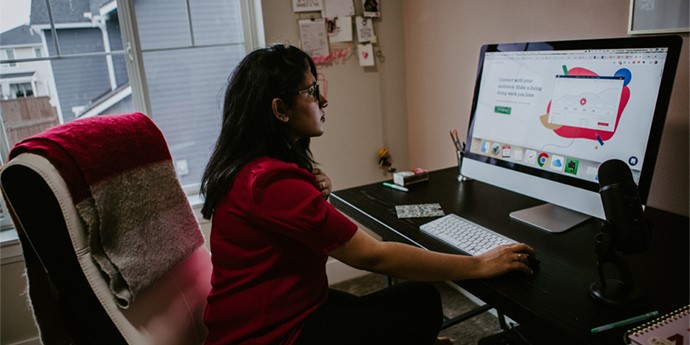Many businesses are in the process of rapidly adapting their key offering as they deal with the fallout of COVID-19. The UCT GSB’s Tim London, Head of Organisational Innovation, spoke with Mignon Reyneke, an associate professor of Digital Marketing at the UCT GSB, about some of the companies that are trying to do things differently.
This is an edited version of the UCT GSB’s Dr Tim London’s interview with Dr Mignon Reyneke, Associate Professor of Marketing at the UCT GSB. Watch the full interview here
What companies have you observed moving from one type of business to another during this period?
There are so many wonderful examples of companies globally, that are being incredibly agile at this time. A lot of the motor manufacturers are getting on the bandwagon to assist with the production of ventilators, which is obviously a dire need. But even companies that are not necessarily in manufacturing, but rather in the services industry perhaps, are trying to make a difference. Starbucks, for instance, is giving away free coffee to all medical workers. It saves time and it is also a gesture of gratitude. The intention is something that will be appreciated, and also creates good brand awareness for consumers.
Other great examples include luxury companies, such as Louis Vuitton and Gucci, which produce perfume amongst other luxury items, producing hand sanitiser on a large scale, in some cases giving it away, because they already have the alcohol in their production facilities. Even Georgio Armani is making hospital scrubs which is not something that one would ever have imagined in the past! The fact that these companies are coming on board to do their bit to provide something that is essential, is applaudable.
Are local companies trying to tackle this as well?
We have some great examples of smaller companies that would generally have been quite hard hit, already stepping up to try to make a difference. For example, Granadilla, a small business which manufactures funky swimming trunks, has tapped into people’s need for fresh fruit and immune-boosting food at this time, so they’ve partnered with small farmers producing organic goods, by offering themselves as a distribution channel. They’re putting together customised home deliveries on behalf of the farmers who would otherwise have lost out, as their market is no longer available. These small businesses are supporting each other and partnering outside of what their natural habitat would be.
Another example is Inverroche, a craft gin distillery in the Southern Cape. They’ve also started creating hand sanitisers because they have the necessary ingredients already. They are based in a relatively rural and poor area, so they are giving these hand sanitisers away for free. Crocs are giving away 1,000 pairs of shoes every day to medical workers to keep them comfortable and fresh. What we are seeing, particularly with smaller companies, is that whilst some are able to slightly change their production, others, as in the case of Granadilla, are making bigger strategic moves to partner with companies they wouldn’t usually, and this ensures their staff can still work and get paid.
They are showing incredible strategic agility and they will certainly be rewarded for this in the long term.
What would you say are the key components of strategic agility?
I think the fact that some of these businesses are relatively small, has an impact. Larger corporations aren’t able to make massive decisions without consulting the board and their shareholders. But it’s also the ability to think on their feet. From making the decision to making the first delivery, it took Granadilla just 48 hours. They probably asked themselves What do we have that others don’t? A distribution channel. How can we partner and bring people products that they need whilst still keeping our business alive? I would say flexibility, vision, and the ability to think quickly and act fast, are vital attributes in these uncertain and challenging times.
For more on this topic, listen to Dr Tim London's interview with Assoc Prof Mignon Reyneke on the UCT GSB's Coming Up podcast





